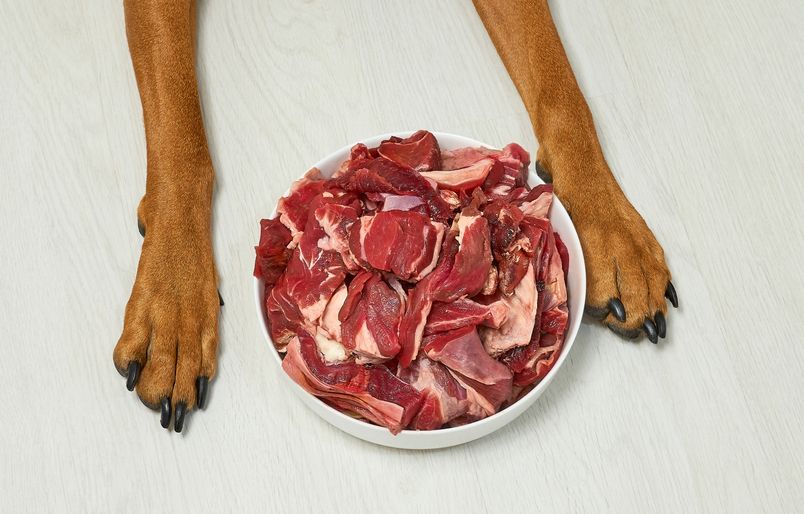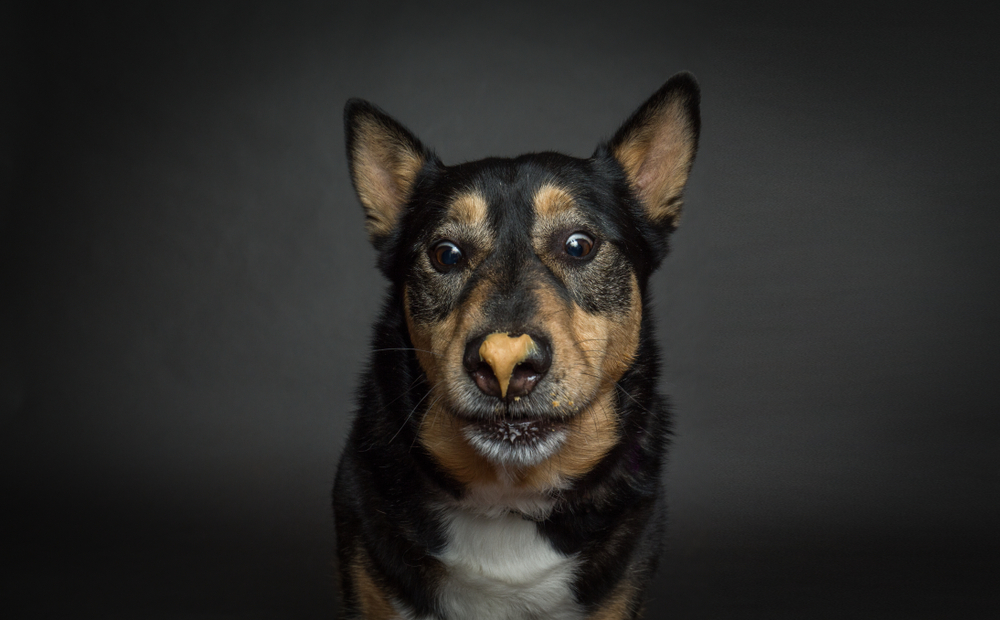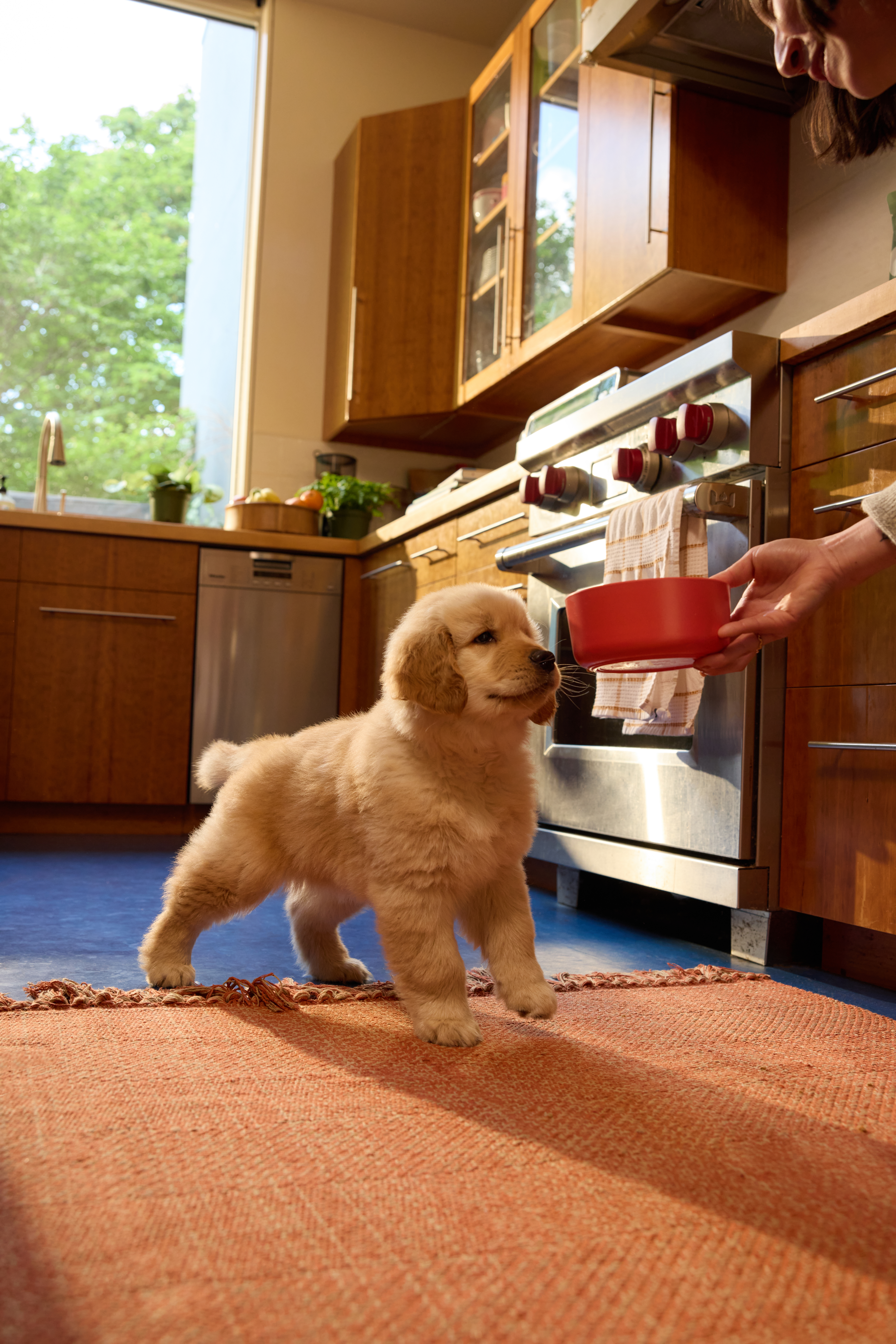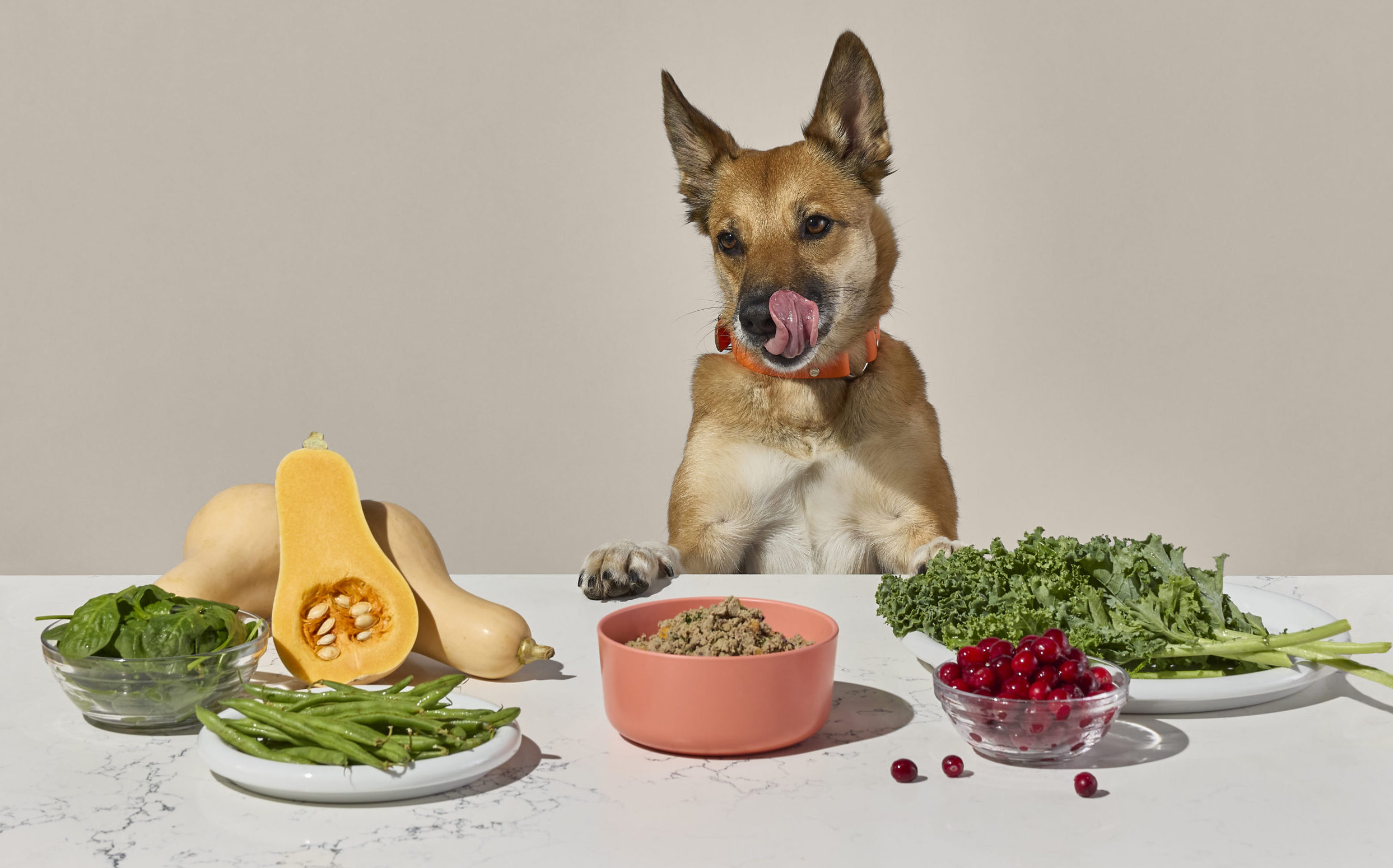Hey Ollie blog readers! We’re offering you an exclusive 60% OFF your starter box! Try now!
Does your dog sniff the air or drool at your feet when you cook a steak dinner or burgers on the grill? If you’ve ever looked into those sweet pleading eyes and wished you could just slip your pup a morsel of tasty beef, today is your lucky day. We’ll explain why sharing beef with your dog might actually be a good idea.
Can My Dog Eat Beef?
Actually, unless your dog is allergic to beef, they probably already consume it regularly. Beef is a lean protein and a key ingredient in many commercially available dog foods. At Ollie, we even have a recipe starring this tasty protein.
Not only is beef the key ingredient in many dog foods, it is also used to make dog treats! There are tons of treats on the market that use beef to boost flavor so your pup will feel truly rewarded. A quick search over at Chewy.com yields over 2,000 results for treats with beef (or beef flavoring).
If your pup has ever had an upset stomach, you might remember the vet suggesting a bland diet. Boiled (yeah, we know – yuck) ground beef with all of the fat removed mixed with plain white rice is a common recipe to help soothe an upset digestive system.
Benefits of Beef in Dog Food
Beef is a quality source of protein that helps your dog build muscle. The fat in beef can help your pup feel full and the vitamins and minerals help keep your pups coat and skin healthy. Beef is an excellent source of Zinc, Iron, Selenium and Vitamins B12, B3 and B6. Feeding some of the leaner cuts of beef can also help your pup maintain a healthy weight.
In addition to feeding your dog beef muscle meat, they can also benefit from eating organ meat. Organs including beef heart and beef liver are nutrient dense and appealing to pups. In fact, we put beef heart and liver into our beef recipe.
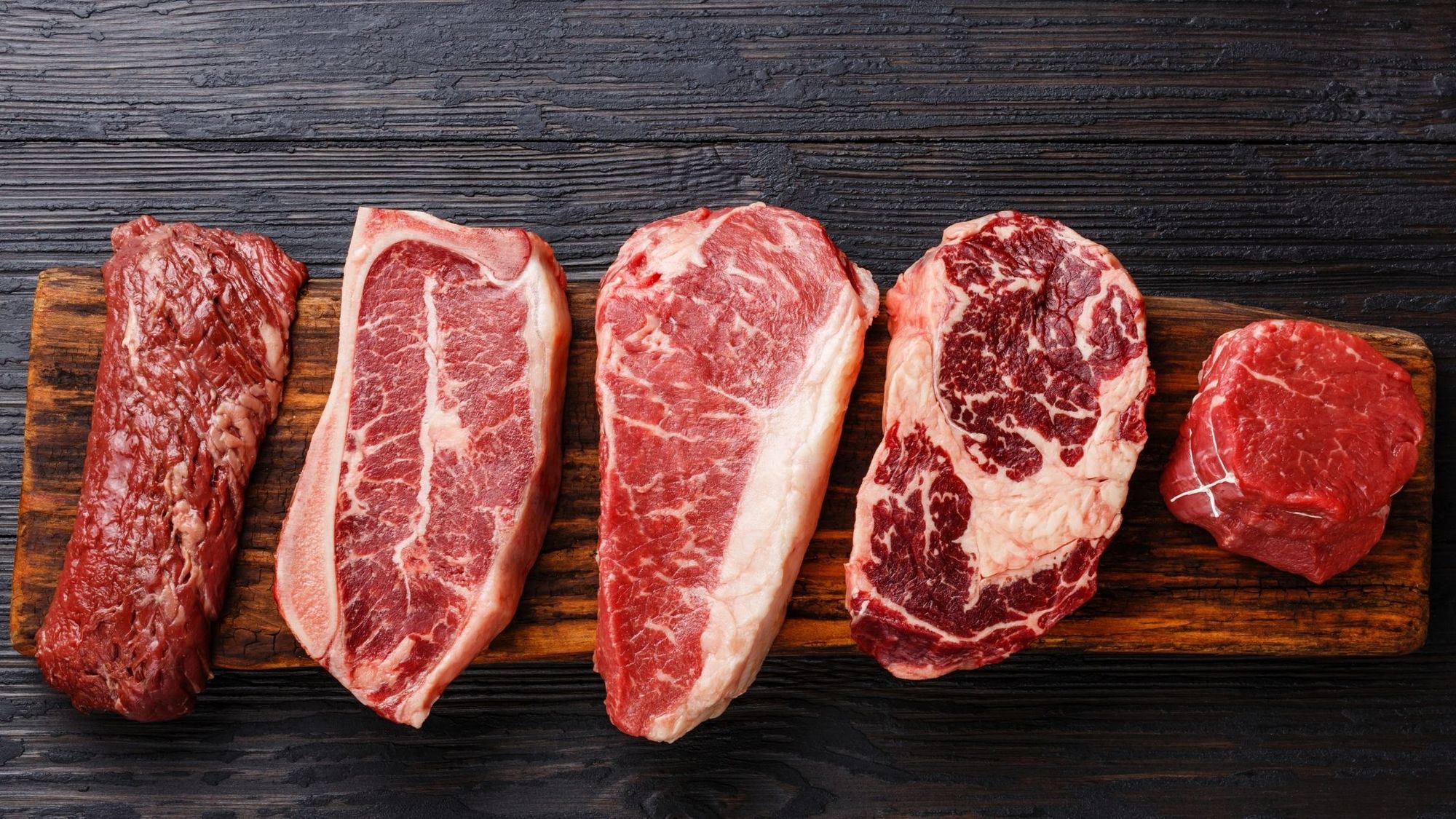
Risks to consider before feeding beef to your pup
As with introducing any new food, the biggest risks are allergies and upset stomachs. The best way to avoid severe reactions to a new food is to introduce them slowly. Transitioning beef into your pup’s diet gradually instead of switching their proteins quickly will help keep your pup’s stomach from getting upset. It will also allow you to monitor for signs of allergic reaction before it becomes too severe. If you are noticing any signs of allergy call your vet right away for further instructions.
The other risk when serving beef to your pup is foodborne illness, you can avoid this by ensuring any beef you offer is stored, handled and cooked properly before serving. If you feed beef based wet or fresh dog food, store according to the package instructions, especially after it has been opened.
Is Cooked Beef Good for Dogs?
According to the FDA, cooked beef is best for your pup. While the raw dog food diet movement has grown in the US over the past decade or so, it’s not without controversy.
How Should I Serve Beef to my Pup?
When you do cook beef for your pup, you want to choose a leaner cut and remove any bones before serving. Skip the steak seasoning blends and steak sauces altogether. Your pup doesn’t need them and they can actually make your pup sick if they contain garlic, onions, or too many spices. You can lightly salt the steak, but don’t get carried away. Too much salt isn’t good for your pup.
Cook the steak (in a pan, on the grill, or under a broiler) to at least 145 degrees Fahrenheit. This is what is generally considered medium and the steak should have a warm, pink center. If your pup has the patience, let the meat rest for about 10-15 minutes before serving it. That way it is nice and juicy. Cut it into small bites and watch your pup devour.
If you’re more into hamburgers or meatballs, these can also be a great high-value treat for your dog. Especially for training or a stressful situation like a trip to the groomer or the vet. Keep the meat lean and in the case of meatballs avoid mixing in breadcrumbs, onions, and seasonings. Your pup doesn’t need the breadcrumbs (although a few won’t hurt him if you’re making food to share) but the onions and seasoning might so save those for the humans, okay?
If you don’t feel like playing personal chef to your pup, visit our website and have our Beef Recipe shipped directly to your door. Our human-grade beef is blended with sweet potatoes, peas and rosemary for your pup’s enjoyment as well as their health. We work with a verterinary nutritionist to ensure your pup’s beef meals are healthy and appropriate for their needs.
The Ollie blog is devoted to helping pet parents lead healthier lives with their pups. If you want to learn more about our fresh, human-grade food, check out MyOllie.com.
Tagged As:

The nutrition your dog needs,
the food they want.

Enjoying our articles? Subscribe our Newsletters and get new articles directly to your inbox
You might also like
21 July 2025
6 MINS READ
Can Dogs Eat Nuts? Which Nuts Are Safe & Serving Guide
Can dogs have nuts? Some nuts are fine in moderation, but others can cause serious harm. This quick guide breaks down which nuts are safe for dogs, which to skip, and how to feed nut butters respon…
18 July 2025
4 MINS READ
New Puppy Diet Recommendations for Healthy, Happy Growth
As a new pup parent, one of the biggest ways you can support your puppy’s long-term health is by providing the right nutrition. A puppy’s dietary needs are different from an adult dog’s, and…
by Ollie Pets
18 July 2025
5 MINS READ
How Human-Grade Dog Food Benefits Your Pup’s Health and Happiness
You’ve likely heard the term “human-grade” dog food, but what does it really mean, and is it worth it? Choosing human-grade food can be a significant investment for your dog’s long-term he…
by Ollie Pets
